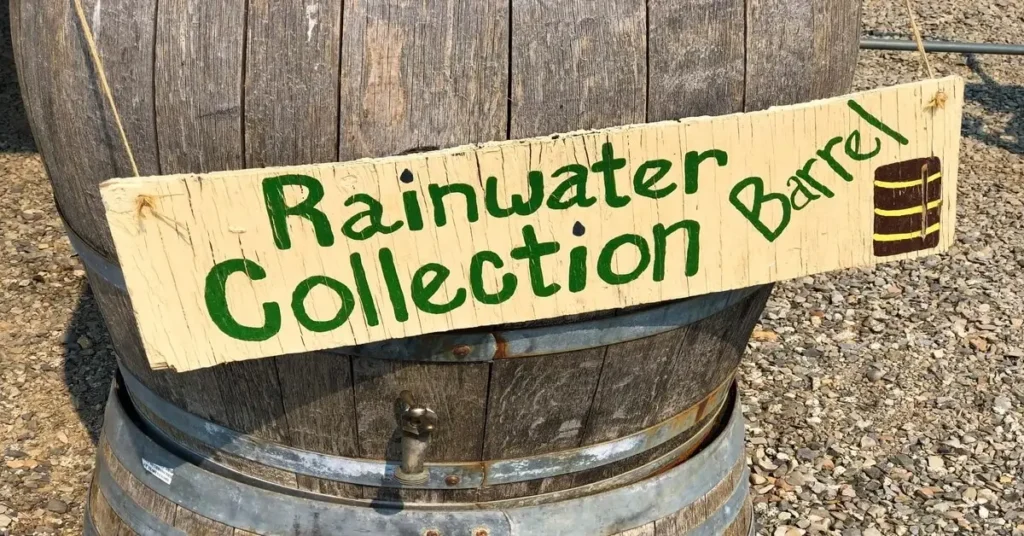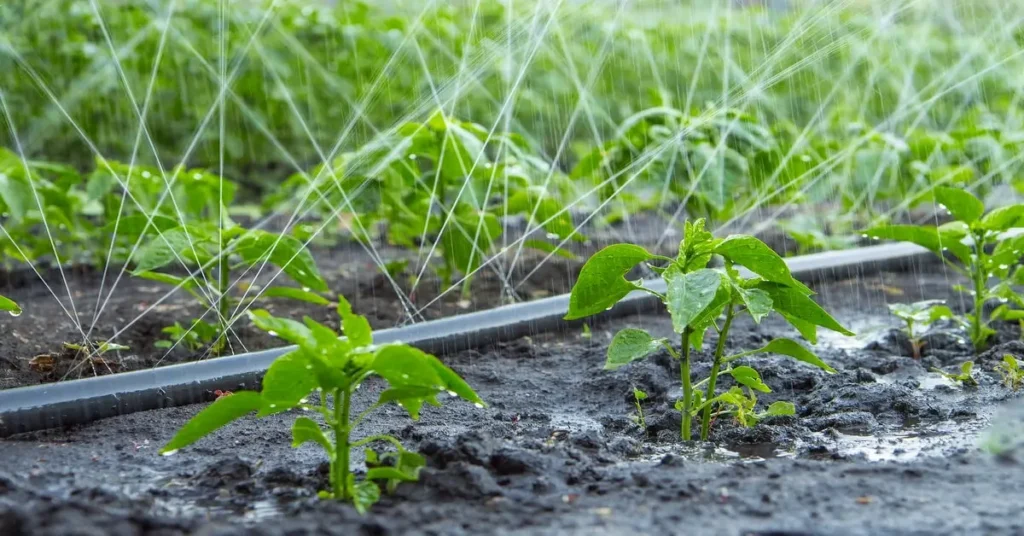Watering is crucial for the health and well-being of plants. But did you know that the type of water you use matters? Let’s delve into the debate between rainwater and tap water for plants.
The Composition of Rainwater and Tap Water
Rainwater, fresh from the sky, is the result of the natural water cycle. As water evaporates and condenses in the atmosphere, it returns to the Earth as rain. On the other hand, tap water goes through a municipal water treatment process to make it safe for consumption.
Rainwater Benefits
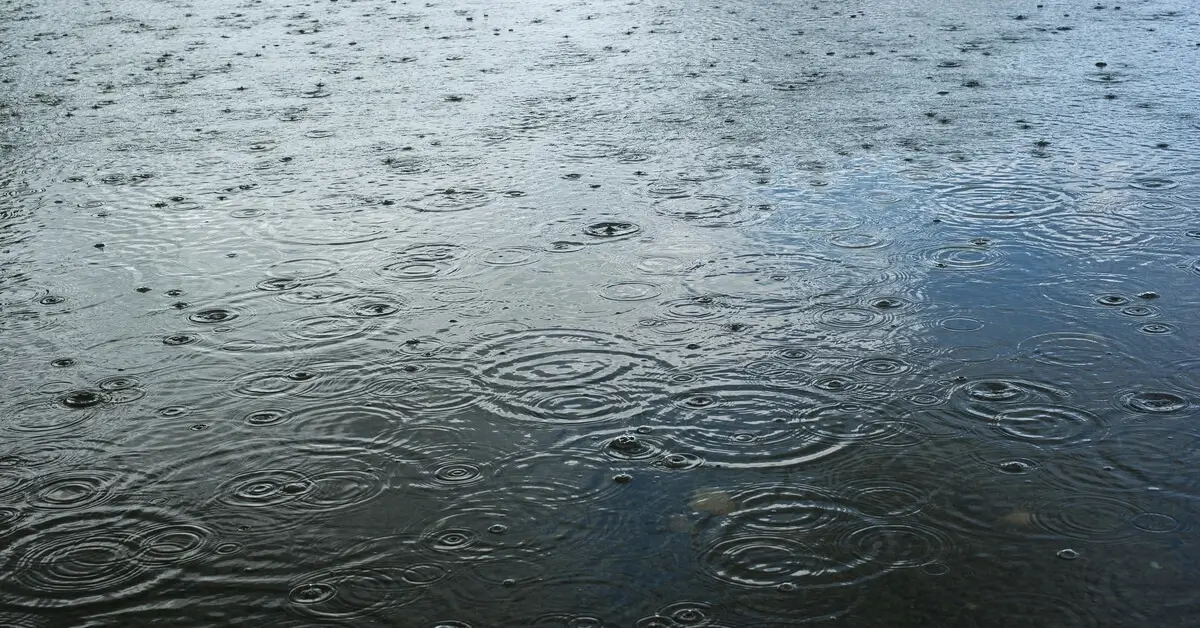
Rainwater is slightly acidic, reacting with carbon dioxide in the air to form carbonic acid. This somewhat acidic nature can help dissolve essential nutrients like nitrogen, calcium, and magnesium from the soil, making them available for plant uptake.
It is pure, free from salts and chemicals like fluoride and chlorine, often found in municipal water. When rain water reaches the ground, it can also gather organic matter, benefiting plant growth.
Rain also has the unique ability to wash away dust and pollutants that cover the leaves, enhancing the process of photosynthesis.
Tap Water Drawbacks
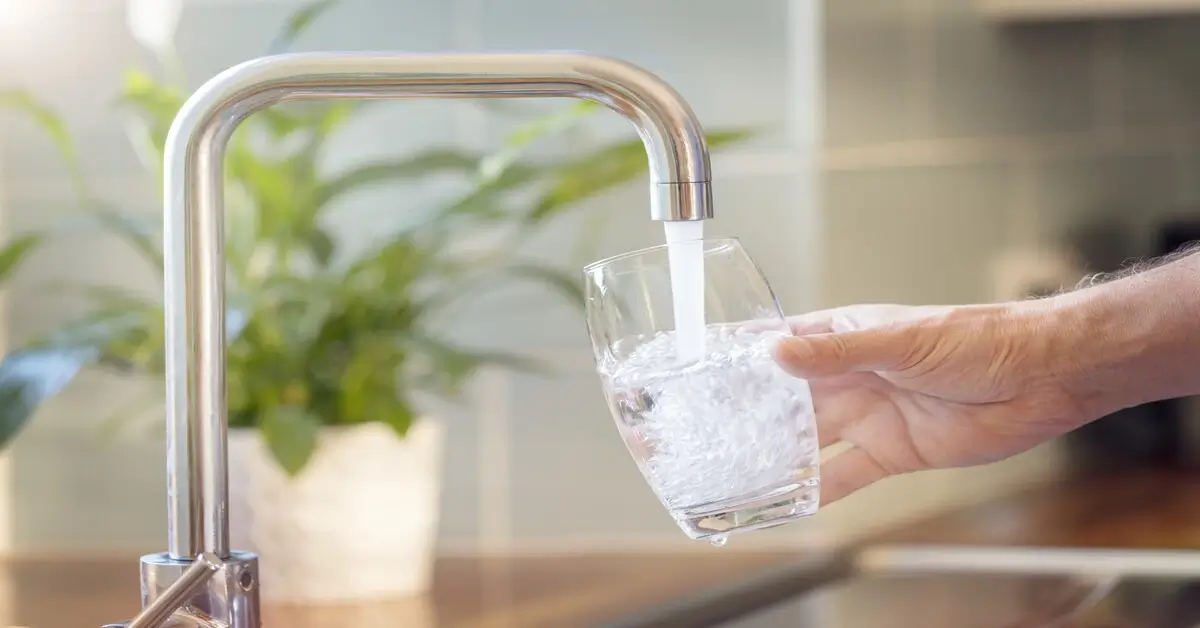
Tap water, especially city water, is treated with chlorine and sometimes fluoride to kill pathogens. While these treatments are essential for our health, chlorine, and fluoride can be toxic to plant tissue.
In certain areas, tap water may be hard water, characterized by high levels of calcium and magnesium. While these minerals are essential for plant growth, an excess can lead to deposits on the soil surface and buildup in the soil, affecting plant health.
Sodium, often found in tap water, is another concern. High sodium levels can be detrimental to plants, especially when it reaches the soil, as it can affect the soil’s structure and ability to uptake water.
Collecting and Using Rainwater
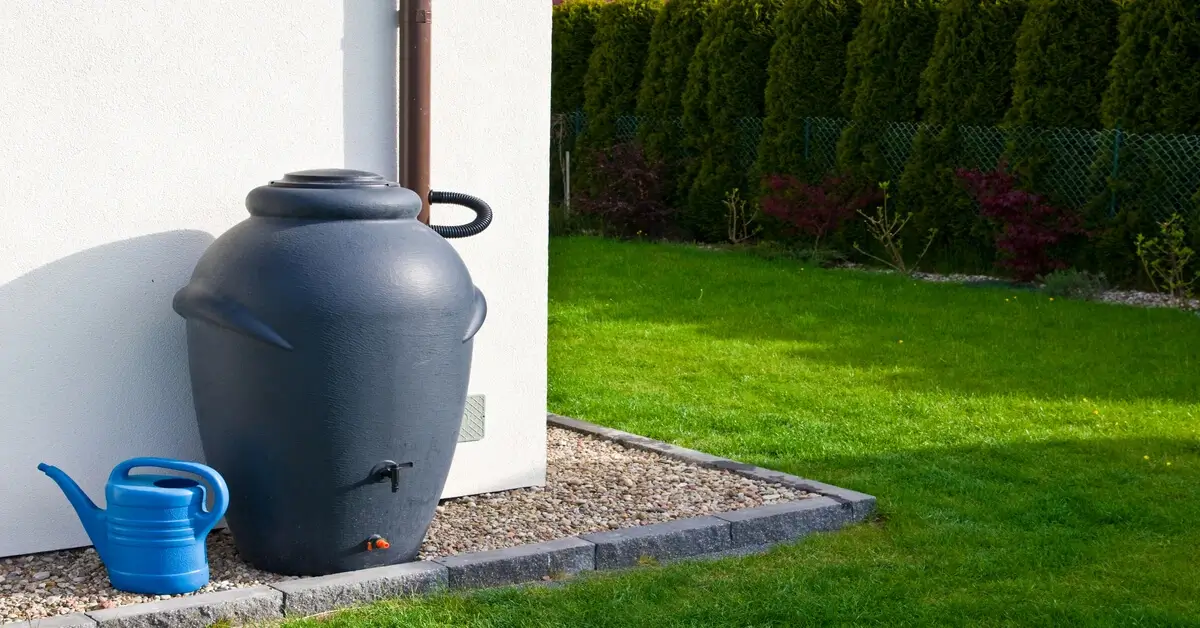
Collecting rain water is easy, beneficial, and can even help reduce your water bill. You can gather this natural resource for your garden using rain barrels or other rainwater storage systems. Once you have your rain barrel set up, it’s essential to cover it with a lid or mesh to keep out debris and insects.
Benefits of Using Rainwater for Houseplants and Gardens
Nitrogen Boost: Rain contains a small amount of nitrogen essential for plant growth. It’s like a mild, natural fertilizer every time it rains.
Soft Water: Unlike hard tap water, rain water is considered soft water. It lacks the salts and minerals that can accumulate in the soil over time.
Beneficial for All Plants: Nearly all plants, from garden vegetables to houseplants like spider plants, benefit from rainwater. Acid-loving plants especially thrive with the slightly acidic nature of rainwater.
Free of Chemicals: Rainwater hasn’t been treated with chlorine or fluoride, eliminating the risk of fluoride toxicity or damage caused by chlorine.
Precautions with Rainwater
While rain water has numerous benefits, it’s crucial to remember that it might also contain pollutants, especially in urban areas. This stored water can also become a breeding ground for mosquitoes if not adequately covered.
When Should You Use Tap Water?
There are situations where tap water might be the only option. In such cases, consider these tips:
Let it Sit: Allow the tap water to sit for a day. This helps chlorine to evaporate.
Use a Filter: Filtering tap water can remove unwanted minerals and chemicals.
Know Your Water: Understand if your tap water is hard or soft. This knowledge will help in making informed decisions about watering and adding fertilizers.
Conclusion
When deciding between rainwater vs. tap water for plants, rainwater generally has the edge due to its purity and slight acidity. However, with the proper precautions, tap water can also be suitable for plants.
Always observe your plants, as they are the best indicators of their needs. Look at the leaves, monitor growth, and adjust your watering practices accordingly. After all, understanding your plants and their needs is at the heart of successful gardening.

